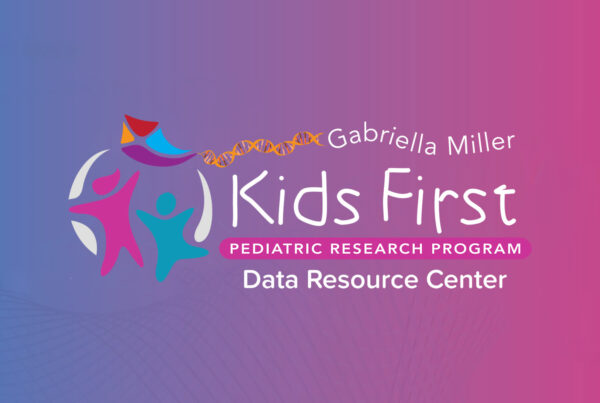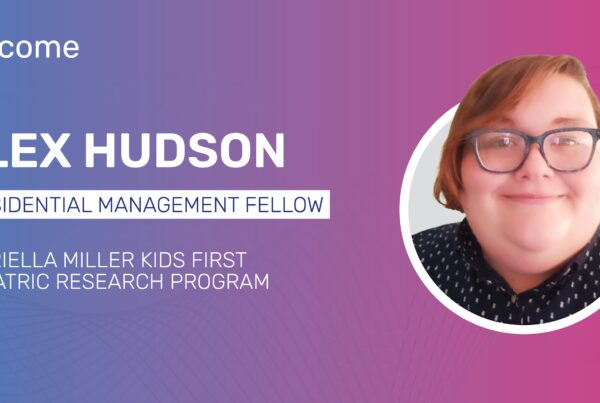The Gabriella Miller Kids First Pediatric Research Program Announce An Opportunity to Sequence Childhood Cancer and Structural Birth Defect Cohorts
The NIH Common Fund’s Gabriella Miller Kids First Pediatric Research Program (Kids First) recently announced a new opportunity for researchers working with childhood cancer or structural birth defect cohorts. Kids First is now soliciting applications to submit samples for whole genome sequencing by a Kids First supported sequencing center. When justified, exome and RNA sequencing may also be made available.
The sequencing of these samples will be wholly funded by the NIH Common Fund, with the data obtained from these samples to be analyzed and processed to generate derived files and summary data, and then compiled and made accessible alongside raw and metadata through the Gabriella Miller Kids First Data Resource Center (Kids First DRC).
Interested researchers may submit a Letter of Intent by Monday, January 21, 2019. Complete applications for sequencing will be due on Thursday, February 21 at 5:00pm (local time). To view the NIH’s full Funding Opportunity Announcement (FOA) PAR-19-104, and for instructions on how to apply, visit https://grants.nih.gov/grants/guide/pa-files/PAR-19-104.html.
The intent of this sequencing opportunity is to generate genomic data that will help to uncover the genetic contributions to childhood cancers and the causes of structural birth defects. The data generated from these study cohorts will be added to relevant datasets currently available within the Kids First Data Resource Portal.
The Kids First DRC is the largest database of pediatric genomic data in the world – combining whole genome and RNA sequence, clinical, imaging, and histology data. More than 200 clinicians, researchers, and patients/families from around the globe have registered with the portal, and together they have amassed over 30,000 files (809.1 TB) of genomic data from over 9,000 tissue samples, gathered from 5,902 patients representing 1,694 family research participants.
Currently, there are seven datasets available through the portal, including the Pediatric Brain Tumor Atlas, as well as data from cohorts of children with orofacial cleft, Ewing sarcoma, syndromic cranial dysinnervation, congenital heart defects, adolescent idiopathic scoliosis, and congenital diaphragmatic hernia. This size and number of datasets is expected to grow considerably, as additional datasets representing craniofacial microsomia, hearing loss, neuroblastoma, leukemia, and more become available to Portal users over the next several months.
More than 25,000 patient samples are slated for sequencing and analysis, which will allow biomedical researchers to uncover new insights into the biology of childhood cancer and structural birth defects or to develop new computational methods for analyzing genetic data. The Kids First Data Resource Center will also be available for researchers to use in their own studies supported by other public and private funding sources.
To learn more and to register with the Kids First Data Resource Portal, visit kidsfirstdrc.org/portal/portal-features/










